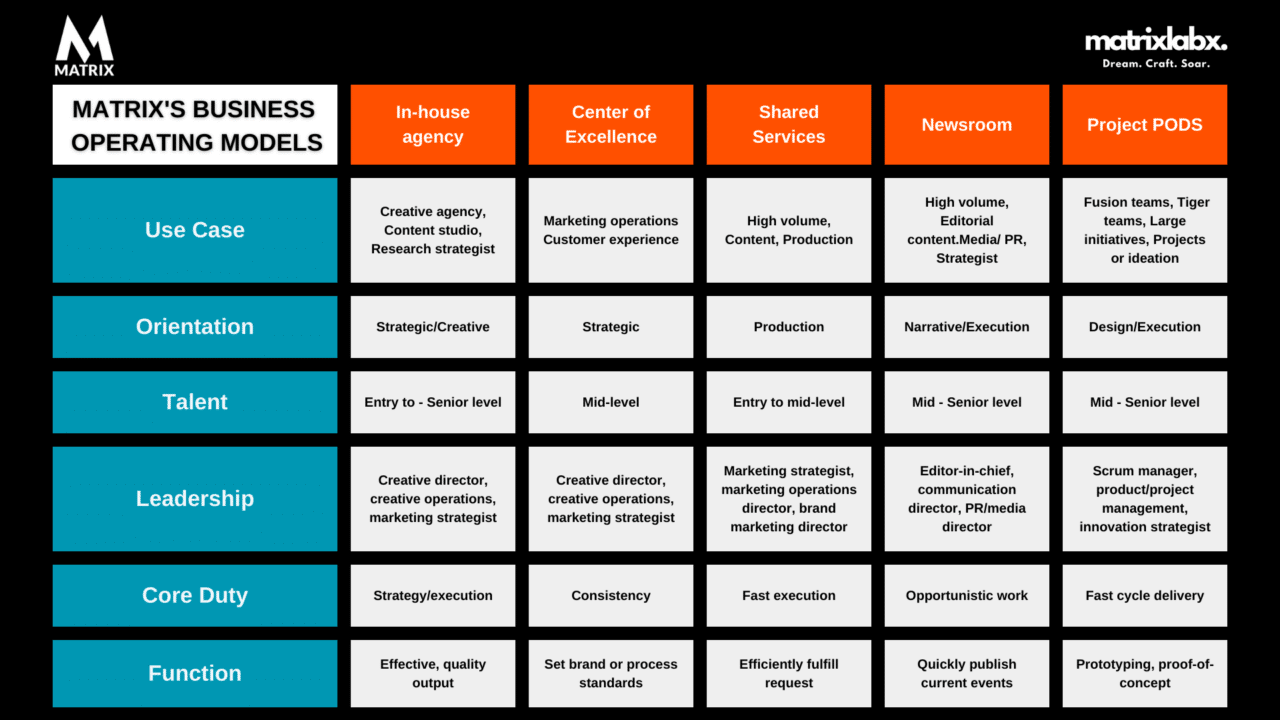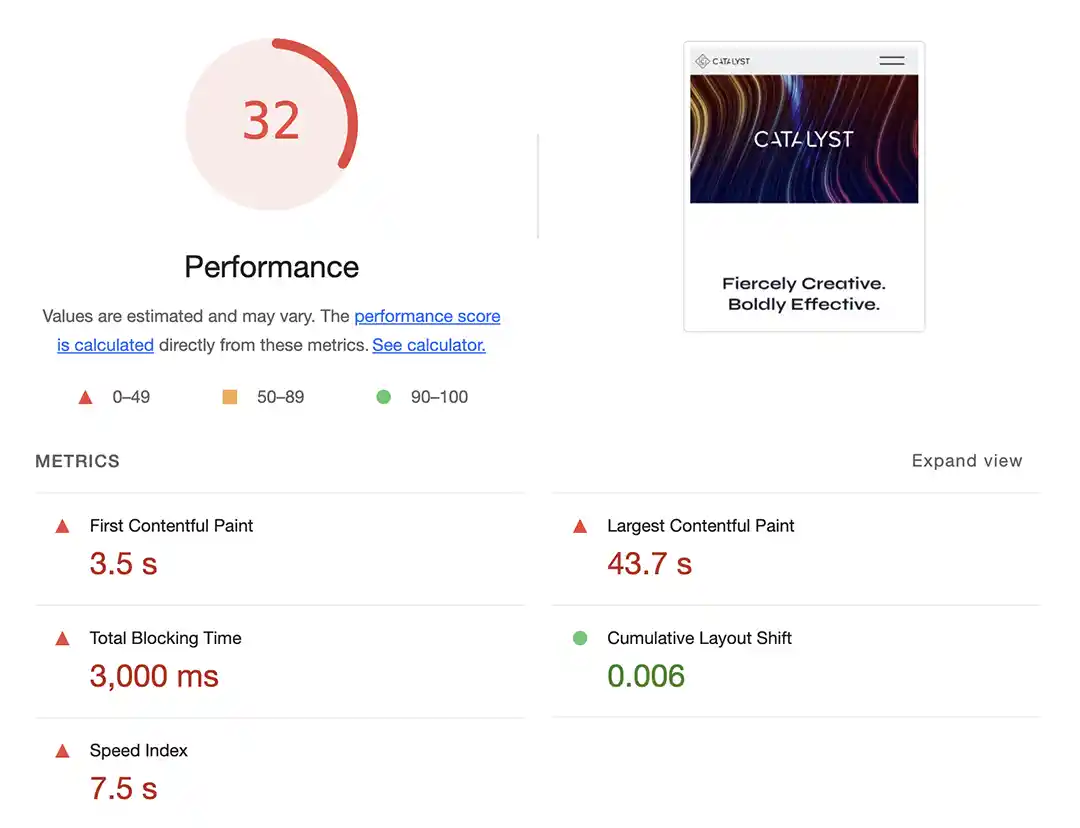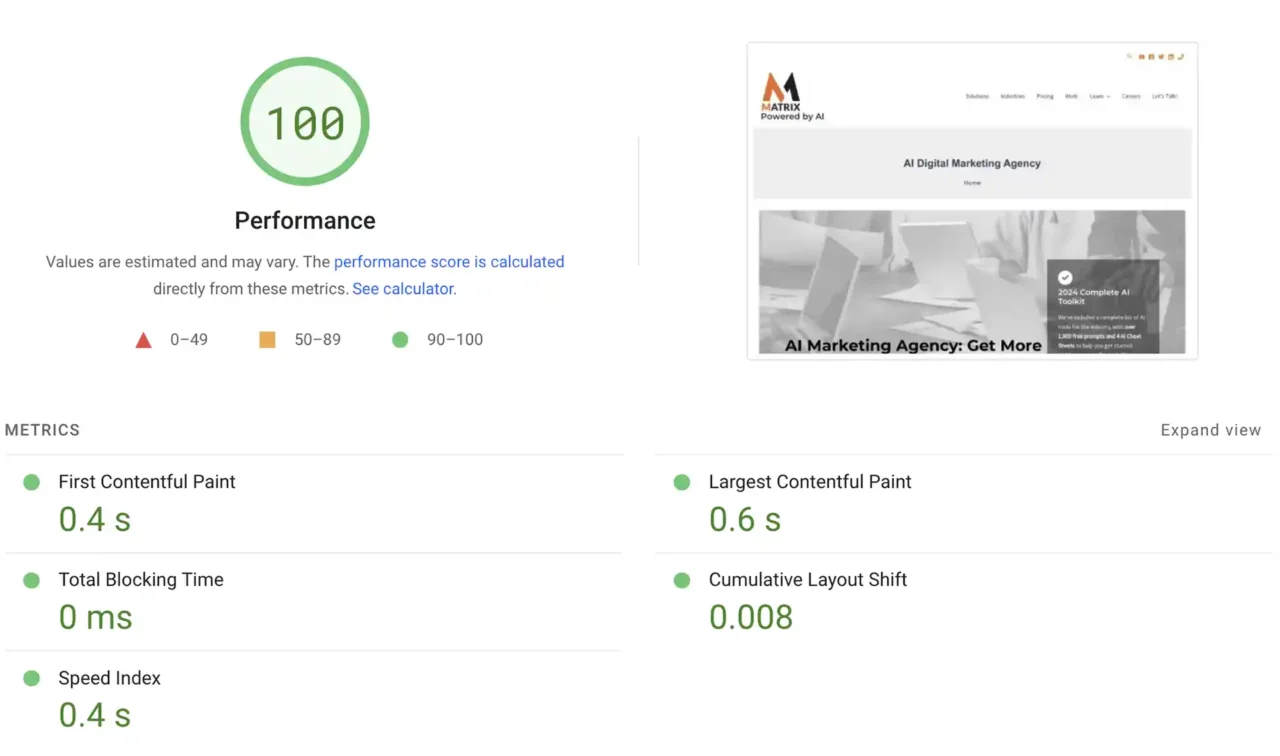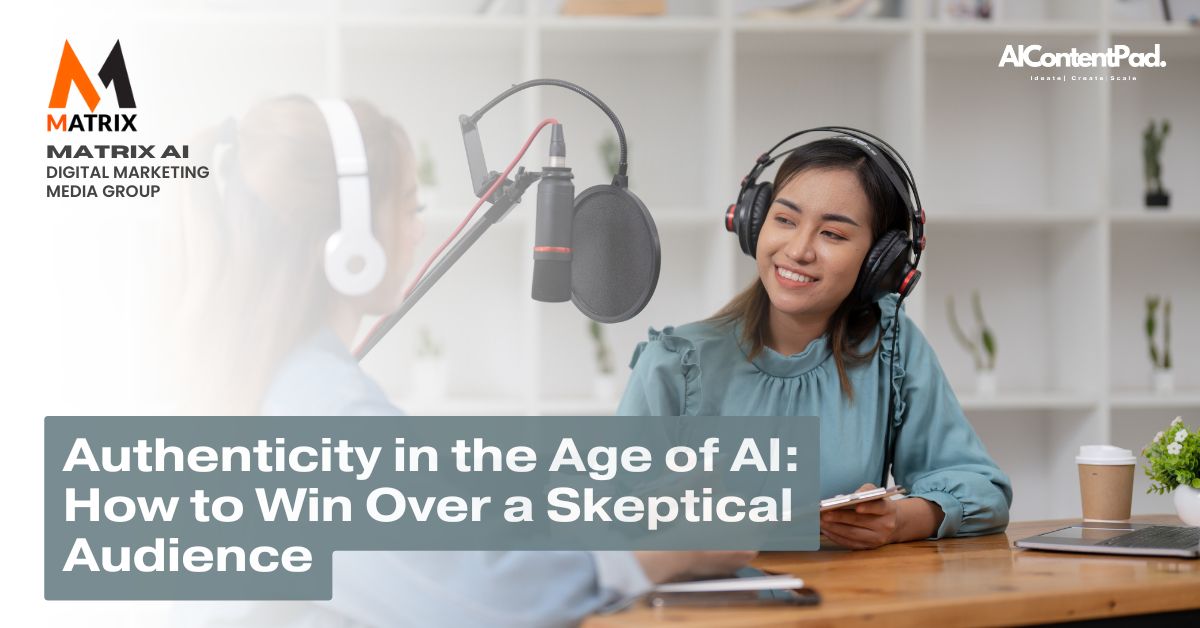Authenticity in the Age of AI: How to Win Over a Skeptical Audience
The AI Paradox: Trust vs. Efficiency
Did you know that 48% of consumers are more likely to distrust a brand if they know it uses AI in its marketing efforts? This statistic, from a recent survey by the AI Ethics Institute, underscores a critical paradox.
While AI can significantly enhance marketing efficiency, it can erode the trust that forms the bedrock of consumer relationships.
You may want to do an authentic assessment in the age of AI to see where you stand.
As a marketing manager, navigating this landscape requires a nuanced approach that balances technological advancement with genuine human connection.
Addressing Common Concerns: Transparency is Key
One of the primary concerns for marketing managers is the potential for AI to feel impersonal or even invasive to customers. It’s crucial to address these concerns head-on.
Communicate how AI is being used to enhance the customer experience, not replace human interaction.
For example, using AI to analyze customer preferences can help tailor relevant content, making interactions more meaningful and personalized. Transparency about these practices can alleviate fears and build trust.
Evidence-Based Strategies for Authentic Marketing
Rely on evidence-based strategies proven to work to win over a skeptical audience.
According to a study published in the Harvard Business Review, brands that combine AI-driven insights with human creativity see a 20% increase in customer engagement.
This synergy allows for creating authentic content that resonates on a deeper level. Additionally, leveraging AI for tasks such as A/B testing can provide valuable data without compromising the human touch.
These methods enhance efficiency and foster a sense of authenticity and trust among your audience.
In an era where AI is increasingly integrated into marketing strategies, maintaining authenticity is more important than ever.
By addressing concerns upfront, providing transparent information, and utilizing evidence-based recommendations, marketing managers can successfully navigate the complexities of AI and build lasting trust with their audience.
Authenticity in the Age of AI: How to Win Over a Skeptical Audience

What is Authenticity in the Age of AI?
Authenticity in the Age of AI refers to the genuine and transparent interaction between brands and their audience amidst the growing use of artificial intelligence in marketing.
With the influx of AI-generated content, consumers have become increasingly wary of the authenticity of brand messages.
For marketing managers, the challenge lies in balancing AI technology’s efficiency while maintaining transparency and trust.
Why is Authenticity Crucial?
In an era where consumers are bombarded with information, authentic communication is a beacon of trustworthiness and integrity.
A skeptical audience, aware of AI’s capabilities, craves real connections and genuine brand stories.
Authenticity fosters brand loyalty, improves engagement, and drives customer retention. For marketing managers, investing in authenticity means nurturing a resilient and long-lasting relationship with their audience.
Where Can Marketing Managers Leverage Authenticity?
Marketing managers can embed authenticity across multiple touchpoints—social media, customer service, and content strategy.
Sharing behind-the-scenes glimpses and real customer experiences can humanize a brand on social platforms. In customer service, prioritizing empathetic and personalized interactions over automated responses builds trust.
Creating content that reflects true brand values and avoids clickbait tactics can win over skeptical consumers, showing them that the brand genuinely cares about their needs and concerns.
Embracing authenticity in the age of AI is not just a strategy but a necessity for marketing managers aiming to secure loyalty in a discerning digital marketplace.
Struggling with Dismal Content ROI? You’re Not Alone

The Costly Fallout of Poor Content ROI
Are your content marketing efforts yielding negligible returns? As a marketing manager, you invest countless hours and resources into crafting the perfect content, only to watch it flounder in the vast digital sea.
Low engagement, minimal leads, and disappointing conversions are an ROI nightmare that leaves you spinning your wheels and justifying campaigns to stakeholders. The hidden cost is wasted budgets, fractured strategies, and lost opportunities.
Why Poor Content ROI Spells Disaster for Your Strategy

Poor content ROI isn’t just a number on a spreadsheet; it’s a cascading problem that impacts your entire marketing strategy.
Misallocation of resources means less funding for other innovative campaigns, and lackluster content performance erodes trust in your department’s competence.
Not to mention the endless hours your team spends tweaking content, desperately trying to hit the right notes without realizing the core strategy is flawed. The reality? You’re stuck in a cycle of inefficiency.
Meet the Game-Changer: Our AI Marketing Solutions

Imagine AI-powered tools that pinpoint exactly what your audience craves, custom-tailoring content strategies that guarantee higher engagement and conversions. Our AI marketing solutions analyze vast datasets in real-time, offering insights that guide your content creation with laser precision.
No more guessing games—our technology ensures that every piece of content is optimized for maximum impact, freeing your team to innovate rather than firefight. The result? A robust ROI that not only meets but exceeds your marketing goals.
Break free from the chains of poor content ROI. Discover how our AI marketing solutions can transform your strategy and elevate your success. Curious to learn more? Your next breakthrough is just a click away.
Innovating Authenticity: Winning Trust Amidst AI Skepticism
Dr. Emily Carter, Digital Marketing Strategist
“AI has revolutionized marketing with its predictive analytics and efficiency.
Yet, as I discuss in ‘Authenticity in the Age of AI: How to Win Over a Skeptical Audience,’ authenticity remains irreplaceable. It’s exactly where marketing managers must invest their energies – to intertwine AI’s power with a genuine human touch.
The challenge is blending accurate data-driven insights with heartfelt, sincere messaging. Today’s audiences are astute and seek authenticity more than ever. A campaign driven solely by AI reveals its cracks quickly, adds human empathy, and transforms into a compelling narrative.
James Bailey, CMO at Tech Innovations Inc.
“In his groundbreaking analysis, ‘Authenticity in the Age of AI: How to Win Over a Skeptical Audience,’ Johnson tackles one of the most pressing challenges marketing managers face today. As a skeptic turned advocate, this book is a revelation.
The key takeaway for me is the balance. AI can handle the ‘how’ of delivering messages, but the ‘why’ always comes from an authentic human story. It’s a must-read for anyone looking to adapt their marketing strategies to account for an increasingly discerning audience that values transparency and honesty above all else.”
George Schildge, CTO at MatrixLabX
“At its core, ‘Authenticity in the Age of AI’ addresses an urgent juxtaposition – advanced technology versus the human need for truth.
Schildge posits that while AI can predict consumer behavior and personalize experiences on an unprecedented scale, it can’t replicate the authenticity of human-driven narratives. This perspective is crucial for marketing managers today.
With case studies and actionable insights, it urges leaders to use AIContentPad paired with AIBrandPad rather than a crutch, ensuring the heart of the brand’s message remains real and relatable. The real magic happens when AI’s precision intersects with genuine human emotion.”
Authenticity in the Age of AI: How to Win Over a Skeptical Audience
The Importance of Authenticity in Modern Marketing
In an era where AI-generated content and deep fake technology blur the lines between reality and fiction, maintaining authenticity is paramount.
Audiences are increasingly skeptical and value genuine, transparent interactions more than ever.
Thus, brands must establish and uphold authenticity in their communications and operations to build trust and loyalty.
Case Study 1: LeapFrog Technologies
LeapFrog Technologies, a relatively unknown tech company specializing in AI-driven educational tools, has successfully navigated the authenticity challenge.
By transparently sharing their products’ development processes and ethical considerations, LeapFrog ensures that customers understand and trust the brand.
Regular behind-the-scenes content, user testimonials, and open forums for discussion help bridge the gap between technology and users, fostering a community built on trust.
Case Study 2: PureLife Organics
PureLife Organics, a niche wellness brand, champions authenticity through its sustainability and ethical sourcing commitment. While AI aids in efficient supply chain management and predictive analytics,
PureLife ensures that every piece of content shared, whether AI-generated or human-created, aligns with its core values.
Detailed stories about their sourcing practices and philanthropic efforts resonate deeply with a conscious consumer base, affirming the brand’s genuineness.
Case Study 3: Zephyr Audio
Zephyr Audio, an emerging player in the high-fidelity sound market, leverages AI to enhance user experience while maintaining a personal touch.
Zephyr creates a relatable and trustworthy brand narrative by combining advanced AI algorithms with personal anecdotes from the company’s founders about their passion for sound quality.
Frequent Q&A sessions and personalized customer interactions ensure that technology enhances rather than overshadows the brand’s genuine human connection.
These examples illustrate that authenticity in the AI age is about maintaining the human touch and clear, transparent, and consistent communication. By prioritizing these practices, brands can win over even the most skeptical audiences, ensuring long-term loyalty and trust.
Understanding Authenticity in the Age of AI
With AI’s rapid advancement, distinguishing authentic human interactions from digitally simulated ones has become increasingly challenging. Understanding how AI reshapes authenticity can empower you to connect genuinely, even in a skeptical world.
The Rise of AI: A Double-Edged Sword
Artificial Intelligence offers immense opportunities, from enhancing convenience to providing innovative solutions.
However, it’s equally responsible for raising doubts about the authenticity of online experiences. Today’s audiences are more critical, questioning the genuineness of content they consume.
Winning over this skeptical audience requires a nuanced understanding of AI’s influence and strategic application of authenticity principles.
Building Trust Through Transparency
Trust is the bedrock of authenticity. In an AI-driven age, transparency is more critical than ever. Highlight how your use of AI augments rather than replaces human interaction.
Showcase the ethical considerations, bias mitigation, and human oversight involved in your AI processes. Being open about AI’s role in your operations lays the groundwork for trust.
Crafting Authentic Experiences
Authenticity isn’t just about being real; it’s about resonating with your audience personally. Leverage AI to gather insights and tailor experiences that align with your audience’s values and expectations.
Personalized interactions, honest storytelling, and ethical AI utilization create a compelling narrative of authenticity that can win over even the most skeptical audiences.
Authenticity in the Age of AI: How to Win Over a Skeptical Audience

Navigating the AI Landscape
In an era where artificial intelligence permeates every facet of our lives, maintaining authenticity has never been more crucial.
“Authenticity in the Age of AI: How to Win Over a Skeptical Audience” delves into the growing prominence of AI and the skepticism it arouses among audiences.
This skepticism often stems from fears of inauthentic interactions and the impersonal nature of AI-driven communications.
Building Authentic Connections
To address these concerns, the book emphasizes fostering genuine connections with audiences. It underscores businesses’ need to blend AI’s efficiency with human touch, creating hybrid models that resonate authentically.
Authenticity can be achieved through transparency about AI usage, responsible data handling, and personalized customer interactions that reflect genuine care and engagement.
Strategies for Success
Practical strategies are provided for winning over skeptical audiences, including leveraging AI to enhance rather than replace human interactions.
The book suggests actionable steps such as integrating AI tools that support customer service teams, using AI analytics to better understand audience needs, and ensuring consistent, authentic content creation that speaks to the audience’s values.
Emerging Positive Outcomes
Ultimately, the book advocates for a balanced approach where AI and human effort coalesce, fostering trust and loyalty.
By aligning AI practices with core human values, businesses can dismantle skepticism and cultivate a positive, authentic relationship with their audience.
This ensures survival and thriving in a world where technology and authenticity must go hand in hand.
Content Pricing
AIContentPad offers tiered subscription plans to accommodate various business needs, from startups to enterprise-level companies. Each plan includes different access levels to features and content generation capacities, helping businesses scale their content creation while managing costs effectively.




